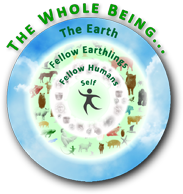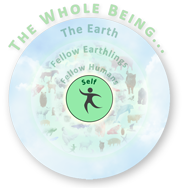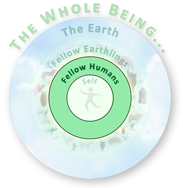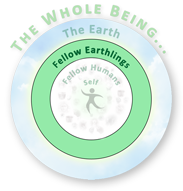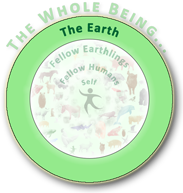Resource Library
To narrow down the list to only resources personally endorsed by CNCL, tick the “CNCL-Endorsed” box.
Please let us know if you find any errors or dead links.
Click here
for a list of…![]()
Broad-Coverage Independent News
& Media Sites
“Food Not Bombs is gaining momentum throughout the world. There are hundreds of autonomous chapters sharing free vegetarian food with hungry people and protesting war and poverty. Food Not Bombs is not a charity. This energetic all volunteer grassroots movement is active throughout the Americas, Europe, Africa, the Middle East, Asia and Australia. For over 30 years the movement has worked to end hunger and has supported actions to stop the globalization of the economy, restrictions to the movements of people, end exploitation and the destruction of the earth and its beings.” “Based on the teachings of the Buddha, this book offers the most compelling and impassioned indictment of meat-eating to be found in Tibetan literature and is pertinent to anyone interested in vegetarianism as a moral or spiritual issue. The Buddha’s teachings show how destructive habits can be examined and transformed gradually from within. The aim is not to repress one’s desire for meat and animal products by force of will, but to develop heartfelt compassion and sensitivity to the suffering of animals, so that the desire to exploit and feed on them naturally dissolves. “ Book: “We all witness, in advertising and on supermarket shelves, the fierce competition for our food dollars. In this engrossing exposé, Marion Nestle goes behind the scenes to reveal how the competition really works and how it affects our health. The abundance of food in the United States–enough calories to meet the needs of every man, woman, and child twice over–has a downside. Our overefficient food industry must do everything possible to persuade people to eat more–more food, more often, and in larger portions–no matter what it does to waistlines or well-being.” “a kids’ meal plan as well as fun ways to introduce the great fruit and vegetable adventure to young children” “Whether it’s a salad, a hamburger or your morning egg sandwich, your meal has an impact on the environment and on the welfare of animals, food/farm workers and on public health. Your “foodprint” is the result of everything it takes to get your food from the farm to your plate. Many of those processes are invisible to consumers. Industrial food production — including animal products like beef, pork, chicken and eggs and also crops — takes a tremendous toll on our soil, air and water, as well as on the workers and the surrounding communities.” “The International Peace Bureau is dedicated to the vision of a World Without War. Our current main programme centres on Disarmament for Sustainable Development and within this, our focus is mainly on the reallocation of military expenditure. We believe that by reducing funding for the military sector, significant amounts of money could be released for social projects, domestically or abroad, which could lead to the fulfillment of real human needs and the protection of the environment. At the same time, we support a range of disarmament campaigns and supply data on the economic dimensions of weapons and conflicts. Our campaigning work on nuclear disarmament began already in the 1980s.” “In 2004, thirteen Indigenous Grandmothers from all four corners, moved by their concern for our planet, came together at a historic gathering, where they decided to form an alliance: The International Council of Thirteen Indigenous Grandmothers. This is their story. Four years in-the-making and shot on location in the Amazon rainforest, the mountains of Mexico, North America, and at a private meeting with the Dalai Lama in India, For the Next 7 Generations follows what happens when these wise women unite. Facing a world in crisis, they share with us their visions of healing and a call for change now, before it’s too late. This film documents their unparalleled journey and timely perspectives on a timeless wisdom.” Book: “An English classic revised and expanded for North America. Forest Gardening is a way of working alongside nature–an approach that results in great productivity with minimal maintenance, and a method for transforming even a small cottage garden into a diverse and inviting habitat for songbirds, butterflies, and other wildlife. Based on the model of a natural woodland, a forest garden incorporates a wide variety of useful plants, including fruit and nut trees, perennial herbs, and vegetables. Hart’s book beautifully describes his decades of experience gardening in the Shropshire countryside, yet the principles of “backyard permaculture” he explores can be applied equally well in other locales across the planet, from tropical to temperate zones. Practical features of the book include: *Design guidelines for creating your own perennial food-producing garden. *Lists of recommended plants and varieties, keyed to different climates. *An explanation of how plants in different levels or “stories” –from ground covers to full-sized trees–coexist and interact in a healthy and productive landscape. Robert Hart blends history, philosophy, anthropology, and seasonal gardening wisdom in a lucid sequence of essays, which together comprise a remarkable testament to the pleasures of “hands-off” as well as hands-on gardening. Forest Gardening is truly a book for our times, offering a fresh sensibility that will encourage and inspire ecological gardeners throughout the world.” “Forgotten People (FP) is a Grassroots Organization on the Navajo Nation dedicated to rebuilding. FP utilizes a bottom up participatory approach to development which focuses on community wide identification of needs and then works with each community to engage them to solve their problems. This methodology allows the people to become empowered and healed from a legacy of oppression. In order to achieve this ‘agency’ the community had to evolve from a needs-based or dependency approach to the agencies into an assumption of full responsibility for their own development. Forgotten People has been recognized by their willingness to solve their own problems and has gained recognition as one of the most pro-active areas on the Navajo Nation.” Book: “The secret is out: If you want to lose weight, lower your cholesterol, avoid cancer, and prevent (or even reverse) type 2 diabetes and heart disease, the right food is your best medicine. Thousands of people have cut out meat, dairy, and oils and seen amazing results. If you’re among them—or you’d like to be—you need this cookbook.” “This is a worldwide campaign to end the age of fossil fuels. We are a powerful movement of citizens around the world working to build a future that’s free from the destructive impacts of climate change, and free from the out-of-control corporations that caused it.” “The Foundational Research Institute (FRI) seek to identify and prioritize effective and cooperative strategies for reducing involuntary suffering. Due to the enormous ethical importance of the long-term future, their research focuses on the risks for dystopian futures, especially those arising from new technologies such as artificial intelligence.” Chapter available as PDF “Four dimensions of nonviolent action: A sociological perspective” ““Frack-Free NC” is a network of grassroots organizations who believe that shale gas development using “fracking” and horizontal drilling cannot be done without bringing harm to our waters, land, air, communities and public health. We are working to keep North Carolina frack free. We want this website to be a resource for people, organizations and local governments to learn more about fracking, to find documentation, and to connect with others in NC involved in this issue.” “Free from Harm is dedicated to helping end animal exploitation through public education and grassroots action.” “Free Press was created to give people a voice in the crucial decisions that shape our media. We believe that positive social change, racial justice and meaningful engagement in public life require equitable access to technology, diverse and independent ownership of media platforms, and journalism that holds leaders accountable and tells people what’s actually happening in their communities.” “Many people assume that free range farming gives animals a happy life, free of the cruelty their factory farmed kin suffer. However, there are some important things you should know before choosing this option.” “Free Range Fraud is a campaign by Animal Liberation Victoria (ALV) to expose the reality of free range farming. Free range animal ‘products’ have been gaining popularity as the public become more aware of conditions inside what are typically understood as ‘factory farms’. However, the public have little knowledge of what is behind the free range label they are purchasing, and the industry has done a good job of feeding the public lies that these are ‘humane choices’.”Found 1997 Results
Food Not Bombs
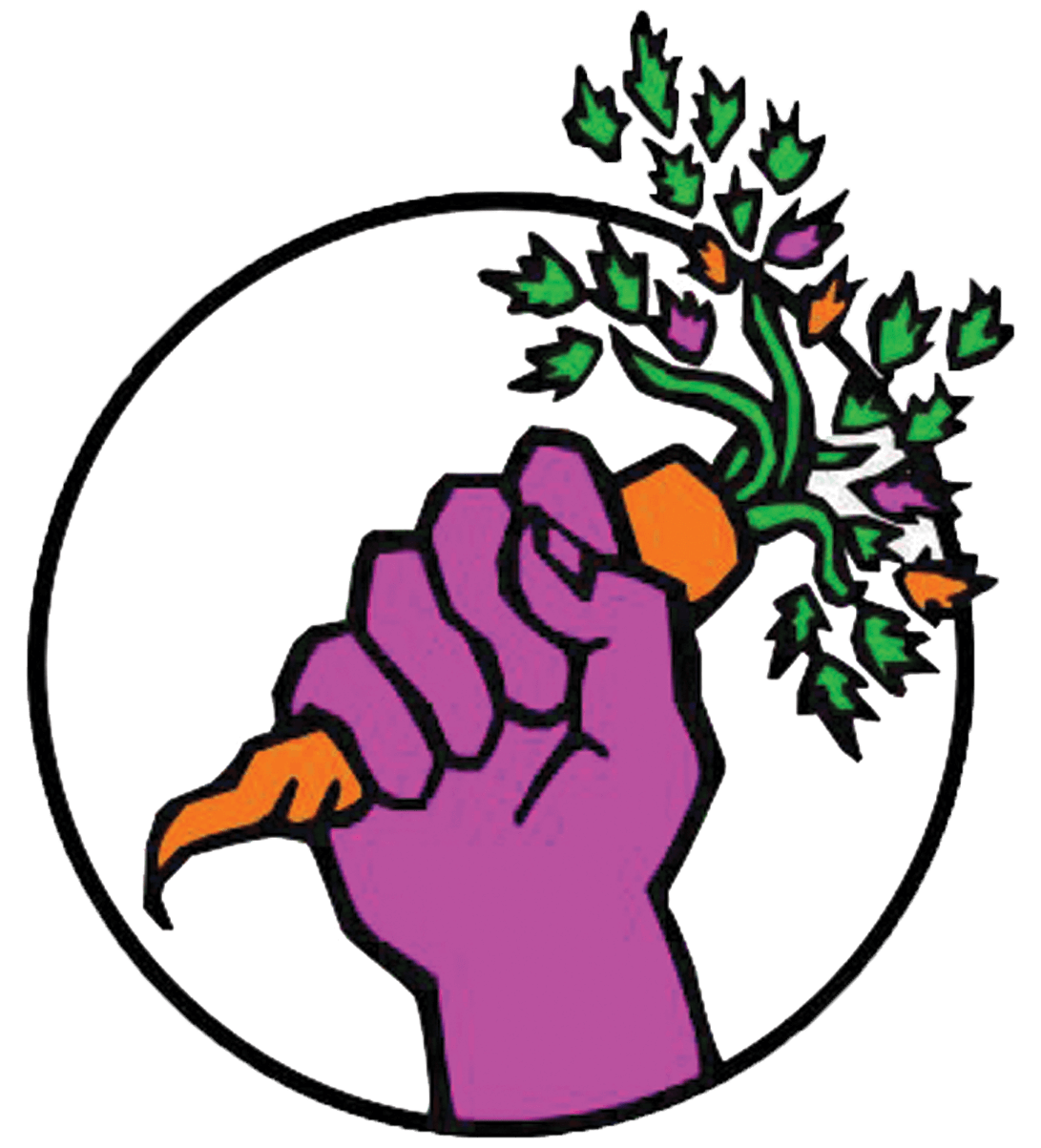
Food of Bodhisattvas: Buddhist Teachings on Abstaining from Meat
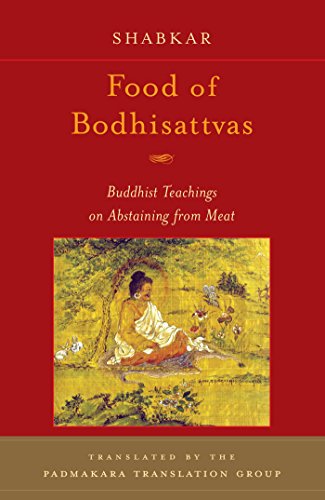
Food Politics: How the Food Industry Influences Nutrition and Health
Food tips for vegan children
![]()
FoodPrint
![]()
For a World without War

For The Next 7 Generations (2009)
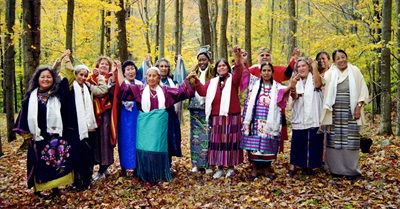
Forest Gardening: Cultivating an Edible Landscape
Forgotten People

Forks Over Knives – The Cookbook: Over 300 Recipes for Plant-Based Eating All Through the Year
Fossil Free
![]()
Foundational Research Institute
![]()
Four dimensions of nonviolent action: A sociological perspective
![]()
Frack-Free NC
![]()
Free from Harm

Free Press
![]()
Free Range
![]()
Free Range Fraud


